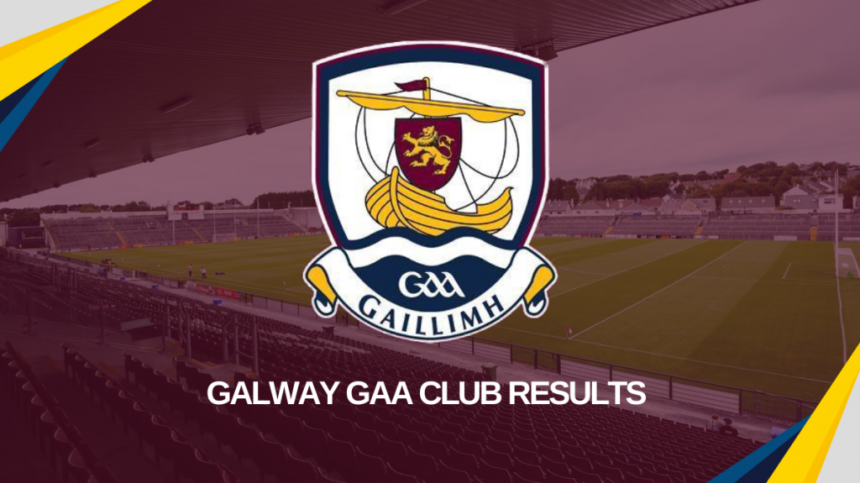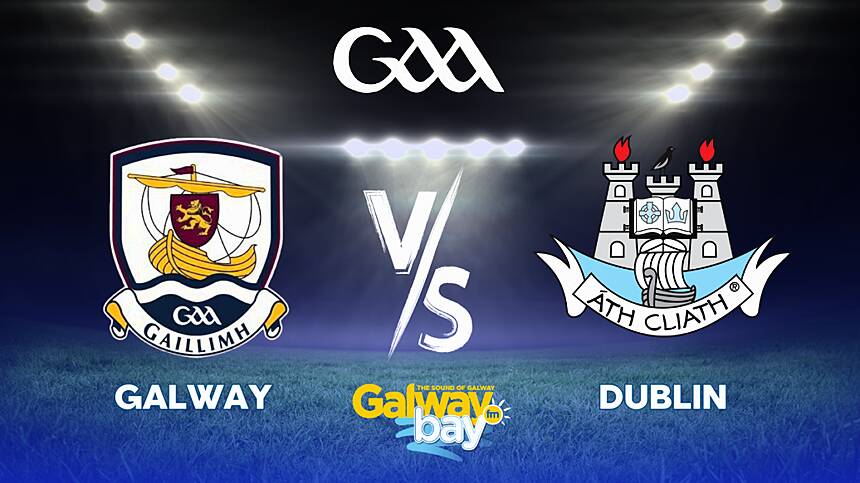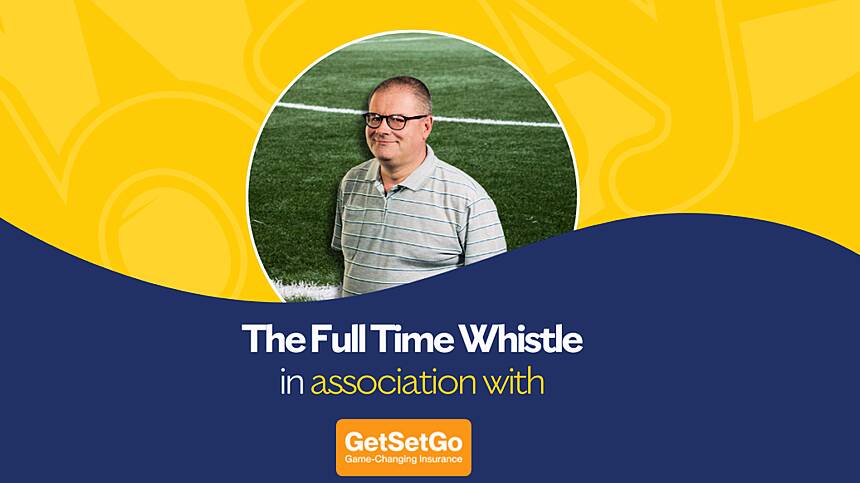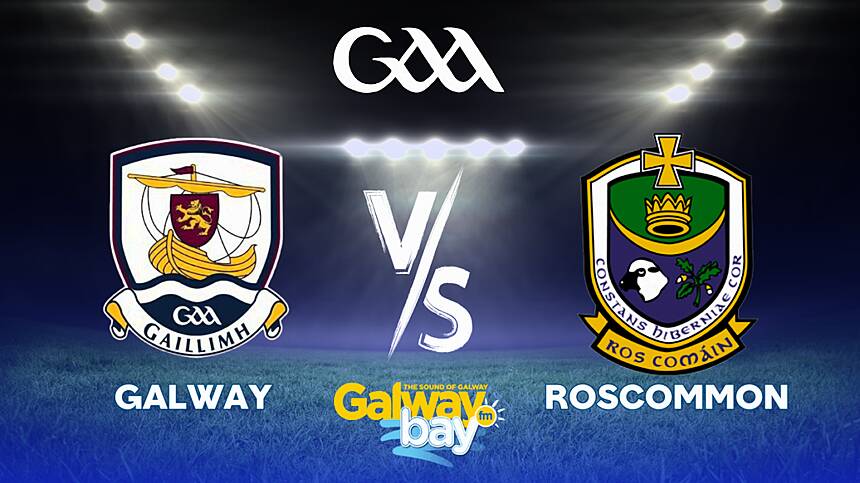- Strong support (74%) for tax breaks for both male & female GAA players
- Survey reveals public appreciation for the time & dedication that goes into Ireland’s amateur sport
- A Tax Credit for inter-county players would be a “no-brainer”
70% of people would like to see the introduction of a Tax Credit for GAA inter-county players, while a further 11% would support an increase in grants for these sportspeople. These are the findings of the latest taxpayer sentiment survey from Taxback.com. In this research, the tax refund experts sought to get the public’s views (1,200 respondents across the country) on whether or not people would be in favour of greater State supports, to what’s already in place (see Appendix1), for these sports stars.
Eileen Devereux, Commercial Director at Taxback.com explained the rationale behind the survey,
“On a GAA match day lots of parties make money – from bars and restaurants, to the ticket sellers to the guys trading hats and scarfs! Central to the occasion, however, are the players who are amateur and do not get paid.
Given the level of commitment required to play GAA sports at an inter-county level, we were interested to learn whether Irish taxpayers would be in favour of rewarding GAA players with a Tax Credit. The results revealed a significant appetite for the Government to bring in some form of financial incentive with a landslide majority of taxpayers (81%) in favour.”
Further highlights from the Taxback.com survey (Appendix 2) include:
- 74% would like to see the new Tax Credit extended to both male and female Gaelic footballers as well as hurlers and camogie players
- The biggest variation in views emerged when it came to the possible value of a proposed Credit with 25% saying it should fall somewhere between €1000 - €2,500, whereas 19% said it should be worth between €2,500 - €5,000
“No-brainer”
Former inter-county stars Adrian Morrissey (Wexford) and Mark Davoren (Dublin) believe a Tax Credit would make a real difference for inter-county players.
“Having been an inter-county player for almost 10 years, I know that the sheer time commitment that these players give is massive – and this appears to increase with every passing season,” says Adrian Morrissey, “There is a lot of sacrifice involved – whether its family or work. That’s why a gesture of a tax break for a player is, in my mind, a no-brainer. It would be some recognition of the commitment the players give to a cause that is bigger than themselves.”
Mark Davoren points out that tax incentive schemes already exist for some sports people in Ireland,
“Rugby players are entitled to a tax refund when they retire. This can amount to a fairly big sum, particularly for the top guys. If there are tax incentives for other sports people in Ireland, I don’t think there’s any reason why GAA players shouldn’t be entitled to a Tax Credit.
When you reach the top of your sport and you’re playing for your county in front of 80,000 people in Croke Park and hundreds of thousands on TV, I believe you have earned it.
This would be a small gesture from the Government but something that would be massively appreciated by the players.”
The Taxback.com survey found that 74% of respondents agreed that the Tax Credit should be extended to both male and female inter-county players.
“Public interest in Ladies GAA is certainly on the rise,” says Ms. Devereux, “Attendance figures at Ladies Football All-Ireland Finals have risen each year since 2014. A massive 46,386 attended the 2017 final between Dublin and Mayo. So it’s no great surprise that so many people favoured giving the Credits to all inter-county players regardless of their gender.”
Taxback.com say that despite utterances from various bodies in the last few years about the introduction of further State support for GAA players, it remains to be seen whether or not this will actually come to fruition.
Ms. Devereux continued,
“This time last year the Minister of State for Tourism and Sport, Brendan Griffin, mooted that he may look to introduce tax exemptions for GAA players and other amateur sports people. But we haven’t heard much in the way of progress on that front to date.
Some people might argue that playing Gaelic Games is a hobby. Others argue that players of many sports have to put their lives on hold to some extent, in order to dedicate the time necessary to be at the top of their game.
It would seem from our survey that most people would support the latter contention.
Despite the amateur label, it’s clear that people appreciate the time and dedication that goes into this sport, which is the lifeblood of the towns and cities of Ireland – particularly in the more rural parts of the country.”







